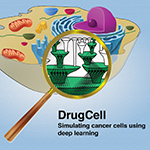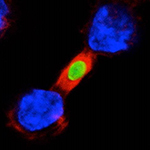Infection by Confection: COVID-19 and the Risk of Trick-or-Treating
Researchers determined that COVID-19 transmission risk via Halloween candies is low, even when they are handled by infected people, but handwashing and disinfecting collected sweets reduces risk even further.


















